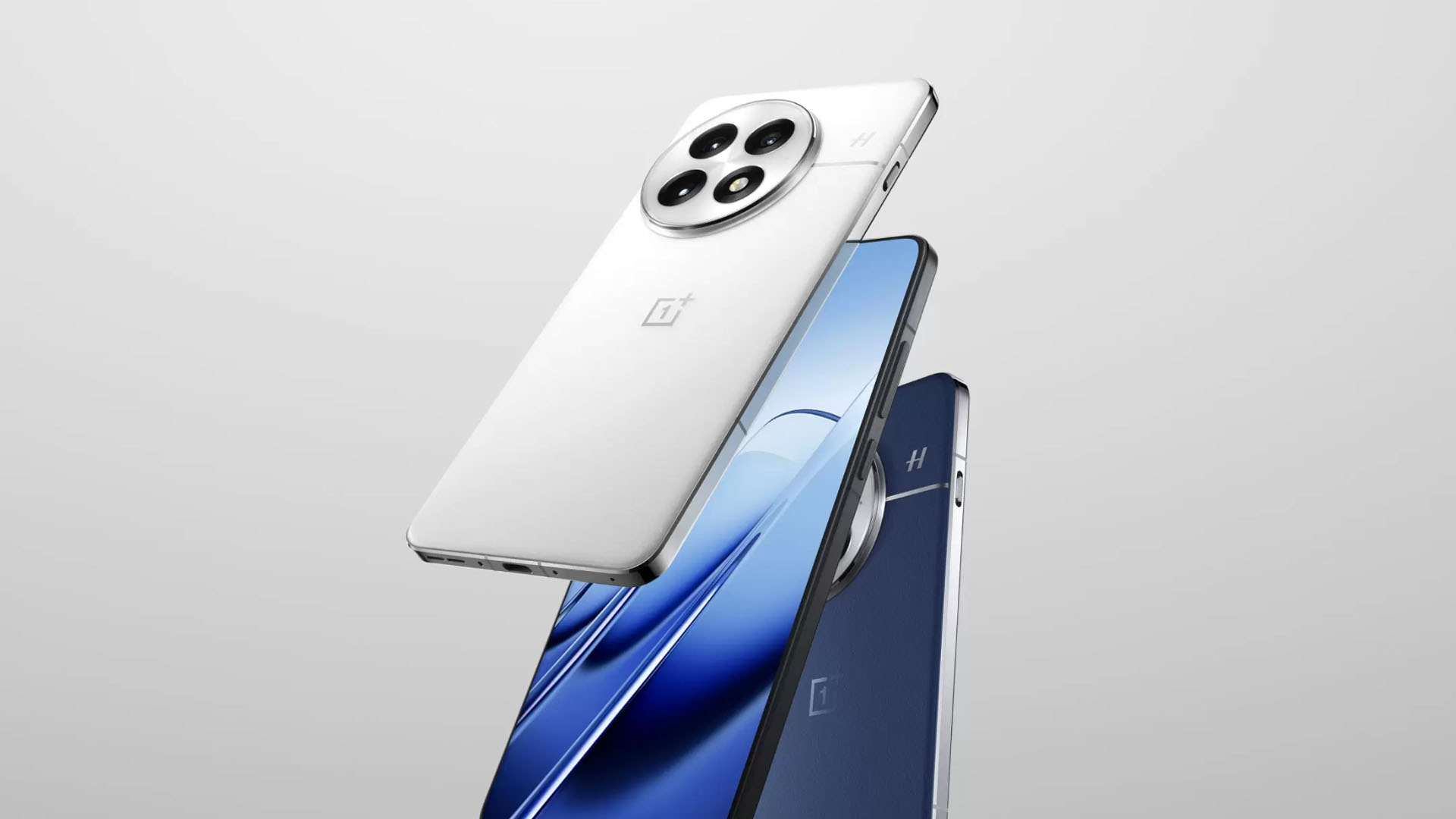

Quick summary
The OnePlus 13 is going to launch with an IP69 rating, making it one of the best protected phones.
It's questionable whether the extra protection it offers will be of benefit to normal users.
The OnePlus 13 is preparing to launch in China – with a global release expected to follow not too shortly after – and that’s giving us some insight into what to expect from the next-gen phone. And it seems like OnePlus is looking to top the best phone charts as it adds things you won’t find elsewhere.
In fact, this particular detail isn’t something that you get from Samsung or Apple, so it’s fair to say that the OnePlus 13 will beat those top phones in one area at least. Thanks to a post on Weibo, we now know just how waterproof the OnePlus 13 is going to be.
According to the details, the OnePlus 13 will be rated to an IP69 standard. This is uncommon: the iPhone 16 Pro and the Samsung Galaxy S24 Ultra are only rated to an IP68 standard. So what difference does this make? It means that the OnePlus 13 is rated against water ingress from high pressure jets, which most of its flagship rivals aren’t.
The OnePlus 12 only had an IP65 rating, falling some way behind the standard expected for phones and drew some criticism when it launched. It looks like OnePlus wants to make sure this doesn’t happen again, by raising the bar.
OnePlus isn’t the first phone to offer an IP69 rating, however. The Nokia XR21 offered an IP69K rating when it launched in 2023, but this was specifically launched as a device designed to be tough.
Does a high IP rating actually matter?
There’s a question over whether the IP69 rating actually matters on the OnePlus 13 and it comes down to understanding the testing standards.
We all want our devices to be protected, because the bad old days of getting soaked in the rain and finding your phone had died as a result are best left in the past. But the IP rating system is about a series of tests, which is why they have slightly obscure measures, like being able to survive at a particular depth of water for a particular length of time.
Get all the latest news, reviews, deals and buying guides on gorgeous tech, home and active products from the T3 experts
That’s because these are the testing measures for certification, rather than them being a test until failure for the device. Apple and Samsung declare and IP68 rating, because they test to those standards. Sony famously writes IP65/68 because it’s testing and certifying at two different standards.
OnePlus is likely to be testing to IP69 rating because it wants to correct the impression that it couldn’t make phones with a high level of ingress protection, but whether you’ll ever encounter high pressure and temperature water jets on your phone is a different matter.
That’s why IP68 makes sense: if you drop your phone in water, it will survive long enough for you to be able to rescue it and that’s more the point.

Chris has been writing about consumer tech for over 15 years. Formerly the Editor-in-Chief of Pocket-lint, he's covered just about every product launched, witnessed the birth of Android, the evolution of 5G, and the drive towards electric cars. You name it and Chris has written about it, driven it or reviewed it. Now working as a freelance technology expert, Chris' experience sees him covering all aspects of smartphones, smart homes and anything else connected. Chris has been published in titles as diverse as Computer Active and Autocar, and regularly appears on BBC News, BBC Radio, Sky, Monocle and Times Radio. He was once even on The Apprentice... but we don't talk about that.